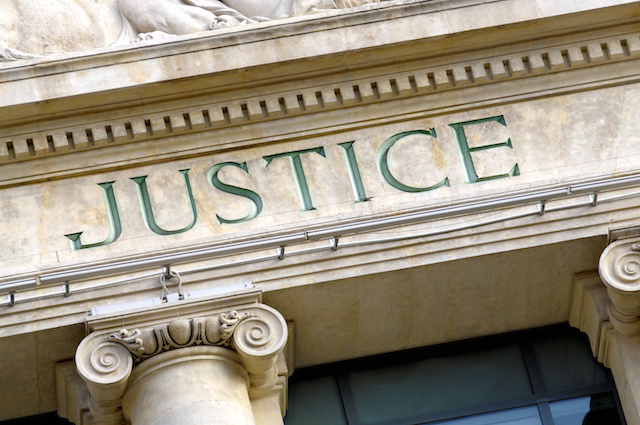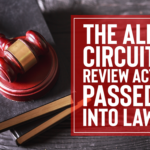Bringing a whistleblower action to the attention of the Commodities Futures and Trading Commission (CFTC) can be tremendously lucrative for the whistleblower. When the CFTC successfully acts on independent knowledge or independent analysis brought by a whistleblower to hold parties responsible for violating the Commodities Exchange Act, the whistleblower can receive between 10-30% of the total amount of funds recovered by the government. Given the massive amounts of money often involved in commodities trading, 10-30% of a recovery can be huge. While the CFTC generally keeps the details of whistleblower actions confidential – which is good news for potential whistleblowers seeking to recover awards while maintaining their privacy – one particular CFTC whistleblower award to an individual last year was more than $10 million. With that kind of life-altering payday in mind, a key question for a potential whistleblower is determining what qualifies as “independent knowledge” or “independent analysis” of violations of the Commodities Exchange Act.
Defining Independent Knowledge and Independent Analysis
The CFTC defines “independent knowledge” as “factual information in the whistleblower’s possession that is not generally known or available to the public.” This independent knowledge can be gained “from the whistleblower’s experiences, communications, and observations in the whistleblower’s personal business or social interactions.”
Independent analysis is simply defined as “the whistleblower’s own analysis, whether done alone or in combination with others.”
Who is a Whistleblower With Independent Knowledge or Analysis?
While we often think of a whistleblower as an “insider” who takes that inside information to the outside world, it is important to note that there is no requirement that a CFTC whistleblower actually have worked with or for the entity committing the federal violations. All that matters is that the person have “independent knowledge” or “independent analysis” which makes the CFTC aware of the violations.
Thus, just about anyone can be a CFTC whistleblower, including employees or managers of a violating entity as well as competitors of the entity, business partners, mere acquaintances, or even outside observers who have pieced the violations together through independent analysis.
To that end, it is probably more helpful to discuss what types of persons will not be considered to have independent knowledge. The CFTC has stated that the following people cannot qualify:
- Those who gained knowledge (but did not conduct independent analysis) of publicly available information, e.g. information for corporate filings
- Those receiving information subject to attorney-client privilege
- Those acting as attorneys and subject to privilege rules, “unless disclosure is authorized by the applicable federal or state attorney conduct rules”
- Those providing information in violation of federal or state criminal law
- Those acting in a corporate oversight or compliance role who received the information as a result of internal compliance or audit responsibilities
Whether or not the above exceptions apply in a given situation can be a complicated legal analysis, and potential whistleblower are highly encouraged to speak with an experienced CFTC whistleblowing attorney to determine whether they qualify for an award.
How to Obtain Your Own CFTC Whistleblower Award
At Kreindler and Associates, we work with whistleblowers to help them navigate the process of reporting information to the federal government while protecting their interests and identity in order to win the maximum award available. Even if you are not sure about the sufficiency of your information relating to commodities violations, we will work with you to determine whether you are eligible for an award, and, if so, be by your side every step of the way to work towards that award. To learn more about how Kreindler & Associates can help in your CFTC whistleblower matter, contact us today.




